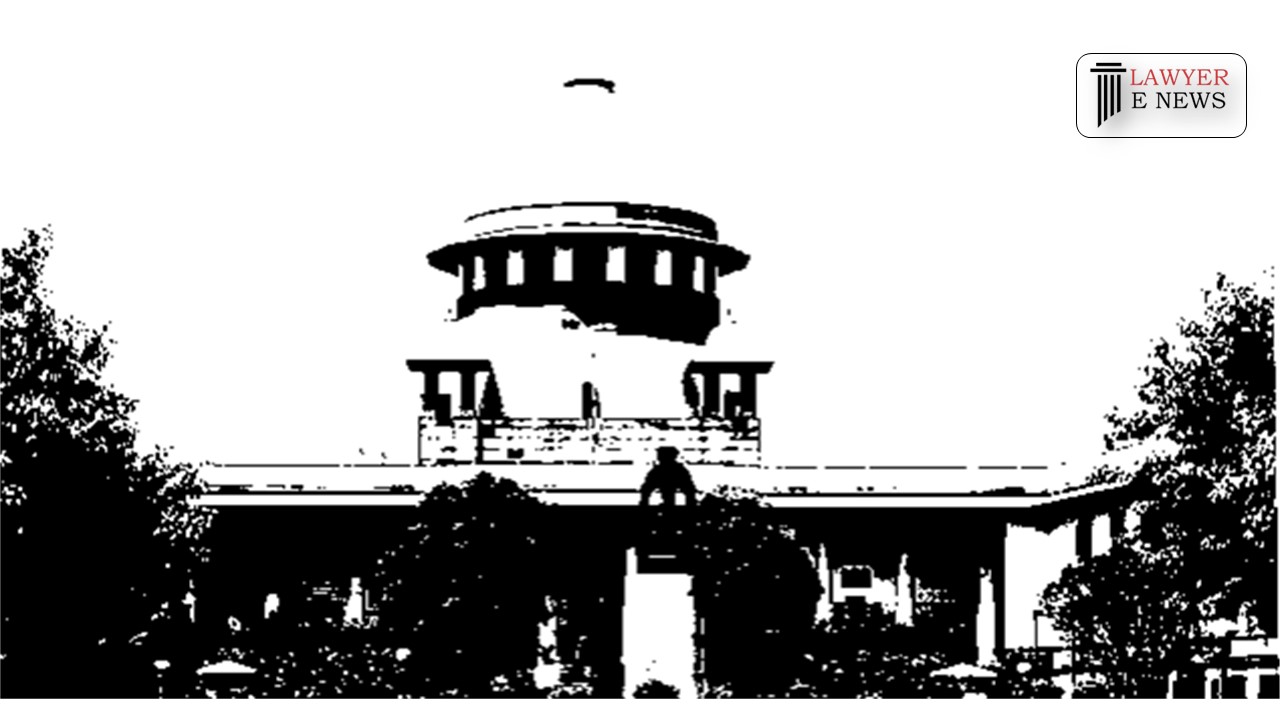-
by Admin
15 February 2026 5:35 AM



In a recent judgment, the Supreme Court of India ruled that the entire service rendered by work charged employees cannot be counted for the calculation of pension. The decision came in a batch of appeals challenging the validity of Rule 5(v) of the Work Charged Establishment Revised Service Conditions (Repealing) Rules, 2013.
The appeals were filed by work charged employees whose services were subsequently regularized under the Rules, 2013. The employees argued that their entire service rendered as work charged should be considered for the determination of the pension amount. They contended that their services were not qualitatively different from regular employees and should be given equal treatment.
The High Court of Patna had upheld Rule 5(v) of the Rules, 2013, which allowed the services rendered as work charged to be counted only to the extent of the shortfall in the qualifying period for pension. The entire period spent as work charged was not taken into account for pension calculation.
After careful consideration, the Supreme Court held that while the service rendered as work charged could be counted for qualifying service for pension, it cannot be considered for the actual pension amount. The Court distinguished between regular employees appointed on substantive posts and work charged employees working under the work charged establishment. It noted that work charged employees are not appointed through the usual selection process and, therefore, their services cannot be equated to those of regular employees.
The Court emphasized that after rendering service as work charged for a certain period, the employees cannot be denied pension solely on the ground that they have not completed the qualifying service. The Rules, 2013 recognized this and provided for the counting of work charged service to make employees eligible for pension if they were short of the qualifying period. The Court found Rule 5(v) to be beneficial in this regard.
The Court further clarified that the decision in Prem Singh v. State of Uttar Pradesh and Ors., which dealt with a different set of retirement benefit rules, did not apply to the calculation of the pension amount. It emphasized that the Prem Singh decision was limited to considering work charged service for qualifying service, not the actual pension calculation.
Supreme Court dismissed the appeals, upholding the validity of Rule 5(v) of the Rules, 2013. It held that the service rendered as work charged after regularization would be counted for the purpose of qualifying service for pension as per the rule.
Uday Pratap Thakur and Anr. Versus The State of Bihar and Ors.
